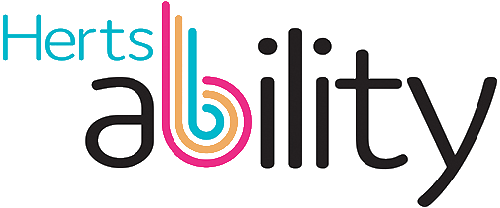Driving Assessments for people following a stroke
Driving is not allowed for anyone for a minimum of 1-month post-stroke. One month is often too early to consider driving and a much longer recovery period is required. Obviously, this does depend upon the severity of the stroke.
There is normally a way to adapt the controls of a car to compensate for the physical disabilities commonly caused by a stroke. This includes such things as left foot accelerator pedals and steering aids. Unfortunately, anyone with perceptual inattention or neglect will not be permitted to drive. This is a debarring condition and the DVLA will revoke the driving licence.
Similarly, some visual field defects are also debarring, and their presence will also result in the revocation of the driving licence by the DVLA. Hertsability is unable to assess anyone with a visual field deficit without the approval of the DVLA.
If there are seizures associated with the stroke, again driving will not be permitted until these are controlled and there has been at least 1 year seizure free. Strokes can cause cognitive difficulties which can also cause difficulties when driving. This is why cognitive tests are normally part of the assessment process.
Common changes following a stroke
Some common changes include:
- Physical effects – weakness or paralysis in arms, legs or both. This is often on one side of the body and cause difficulties with sensation, balance and/or co-ordination
- Vision changes – including double vision, blurring and/or visual field changes in one or both eyes
- Cognitive abilities – such as memory, understanding, concentration, spatial awareness and problem solving and having enough insight into these changes to be able to adapt to them
- Psychological impact – change in mood such as depression, anxiety, confidence, frustration
It is best to discuss any lasting changes with a doctor and/or occupational therapist in the first instance. If any changes remain one month after a stroke these may impact on fitness to drive and it is, therefore, a legal requirement that the DVLA (or DVA in Northern Ireland) is informed
The DVLA/DVA may request the person attends a fitness to drive assessment at a local driving mobility centre where any potential difficulties with fitness to drive can be assessed by a team of specialist driving instructors and occupational therapists.
To refer a client, use this Referral Form

